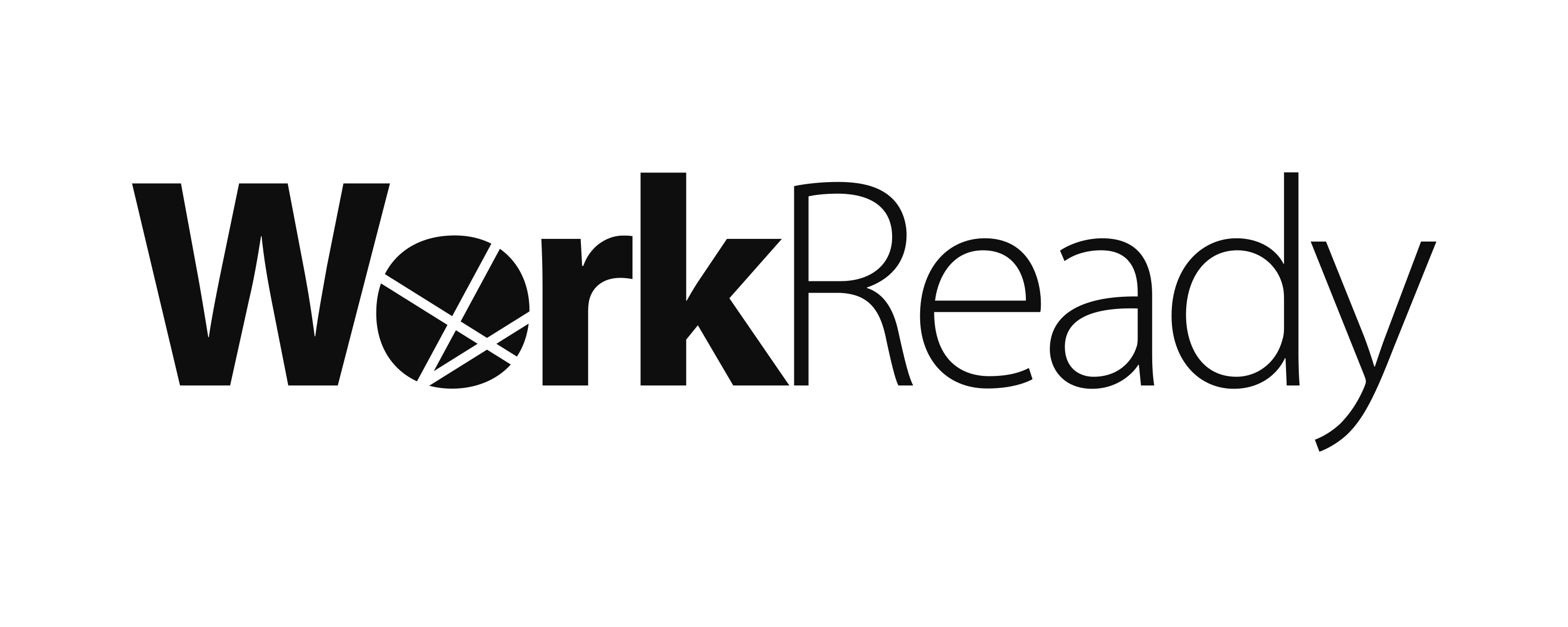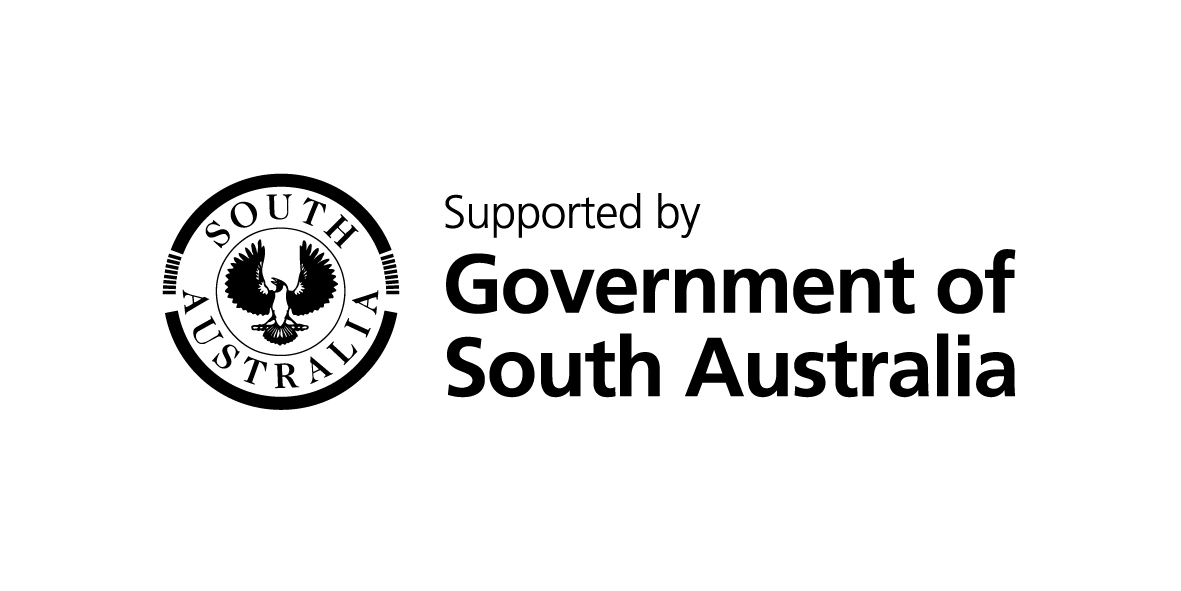WorkReady
The Australian Early Childhood College is a WorkReady Provider. Eligibility and subsidy criteria apply for this program. You can find out more about this initiative at the WorkReady website.
Details of the qualifications we have been allocated quotas for are:
CHC30121 Certificate III in Early Childhood Education and Care
CHC50121 Diploma of Early Childhood Education and Care
For the most current information regarding these programs please contact the main office on 02 4822 7109
Eligibility Criteria
(This is a general guide only, students are advised to contact us to discuss their eligibility for the various programs available, and can also check their eligibility on the WorkReady website. This section helps you to check your eligibility for this SA Government subsidy):
The individual either lives or works in South Australia, and is:
an Australian or New Zealand zitizen, a permanent Australian resident, a State sponsored visa holder on a pathway to permanent residency or a humanitarian temporary visa holder of a class specified by the Minister, and
aged 16 years or over.
Australian Early Childhood College Enrolment Process
From the first of January 2015 all students participating in Vocational Education and Training (VET) qualifications are required to have a Unique Student Identifier (USI). We are required by Commonwealth legislation to have this number recorded for your training and cannot enrol new students without this number. If you do not have a USI you can find more information on obtaining one here. Your USI is used to report your Training Activity Data to the Department.
Fee Information
The co-contribution for students who meet both the eligibility and entitlement criteria under WorkReady is different for each qualification.
- CHC30121 Certificate III in Early Childhood Education and Care has a fee of $554.00
- CHC50121 Diploma of Early Childhood Education and Care has a fee of $646.50
Recognition of Prior Learning and Credit Transfer
Students may be eligible for Recognition of Prior Learning (RPL) or Credit Transfer. For more information on how to apply for this please see our Recognition of Prior Learning and Credit Transfers page or contact us.
Registration Audit Information
ASQA undertook a reregistration audit of Recognition First Pty Ltd on the 18th February 2020. During this time the following qualifications were audited:
- CHC50113 Diploma of Early Childhood Education and Care
- CHC50213 Diploma of School Age Education and Care
The audit finding was:
- Compliant
For futher information regarding this audit please click here to download our latest ASQA Audit Report.
Language, Literacy and Numeracy (LLN) Support
Sometimes people have trouble with their language, literacy (reading and writing), and numeracy skills in their training program. These skills are also sometimes called 'LLN', and problems may include not being able to read and/or write well enough to complete your study, not understanding enough English to communicate well, or not being able to do any maths that may be needed for your training or job.
In this section we have listed some links for some helpful online information for LLN support:
Reading Writing Hotline - this organisation has been around for many years, and their website has some great resources to improve reading and writing.
Adult Reading and Writing Apps - apps are small programs, such as games, for your smart phone or tablet. This site provides information about free or paid apps that support literacy. Some apps read text out loud for people who have trouble reading, and some apps help with taking notes.
Using Microsoft Word to translate text into another language - this link shows how you can use Word to translate documents into other languages.
It may be necessary to undertake a short course before or during your training to help build up your literacy, language and/or numeracy skills you need to be able to complete your qualification. The Reading Writing Hotline has a provider search page you can use to find an organisation in your area who can offer support for you to build these skills.
LLN issues are very common, and having trouble with these skills is nothing to be ashamed of. We have a range of strategies to assist learners who struggle with LLN including (but not limited to):
- individual tutoring
- assistance with writing
- reviewing drafts of your work and providing written or verbal feedback
- adapting tasks to allow for more practice
- flexible assessment methods.
If you are worried at all about anything to do with LLN please don't hesitate to contact your trainer, or the Australian Early Childhood College office on 02 4822 7109 to find out more about how our friendly and understanding staff can support you in your training.
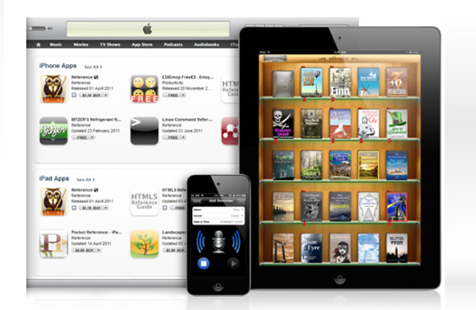
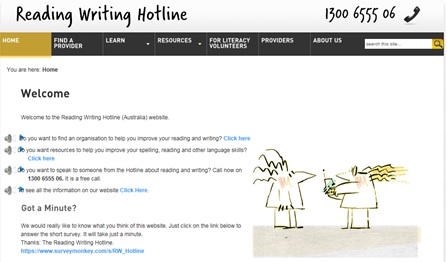

Learning and development
Recognition First have many options to assist with learning and development of individuals and organisations:
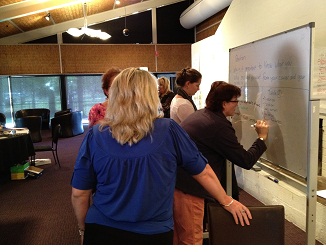 Nationally Accredited Competencies and/or Qualifications - The National VET systems provides access to Nationally Recognised competencies that may be of value to your staff and/ or organisation:
Nationally Accredited Competencies and/or Qualifications - The National VET systems provides access to Nationally Recognised competencies that may be of value to your staff and/ or organisation:
- single units of competency
- full qualifications
- in Children's Services.
2. Professional Development workshops/ training programs. These are topics that are created for specific workplace requirements. Our highly experienced team work with workplaces to determine specific requirements and then utilise their extensive experience across adult learning and organisational best practice to create meaningful programs.
Our delivery methods include:
- workplace training
- distance/self/paced
- individual programs
- workshops
- e-learning
- any combination of the above
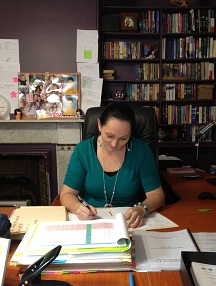 Our assessment processes are tailored to individuals and/ or organisations and include combinations of:
Our assessment processes are tailored to individuals and/ or organisations and include combinations of:
- Recognition of Prior Learning (RPL)
- third party evidence of skills gathered from the workplace
- written assessment tasks
- projects completed in the workplace
- verbal assessments via phone or in person
- assessment of workplace practice
Our trainers and assessors are highly qualified VET professionals and also experts in their field of training.
We are more than happy to personally discuss your particular situation and requirements and discuss an option that will best meet you and/or your organisation's needs. Visit our contacts page to find the best email address or phone number to contact, or call our office on 02 4822 7109.
See also Professional Development Workshops

